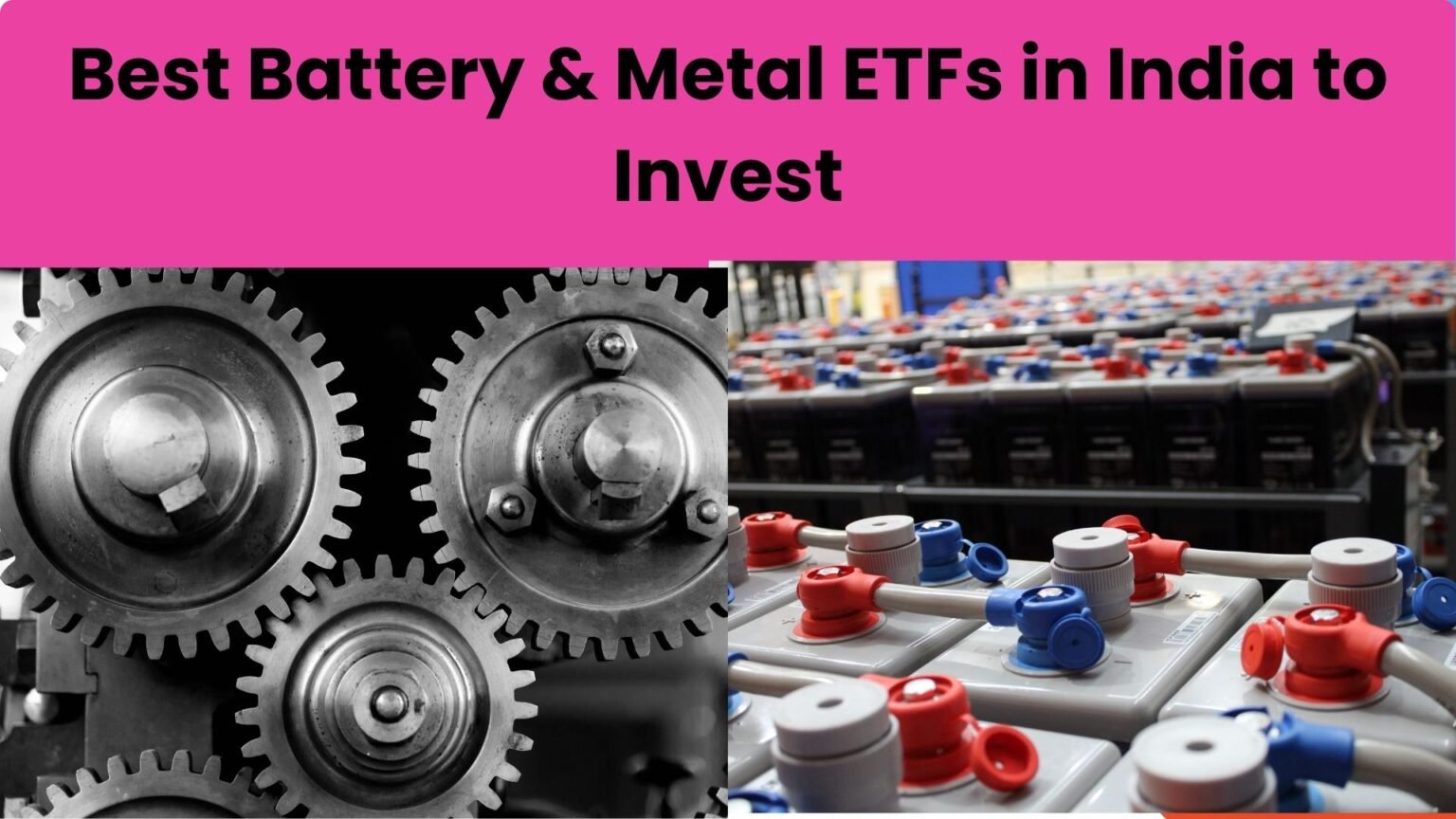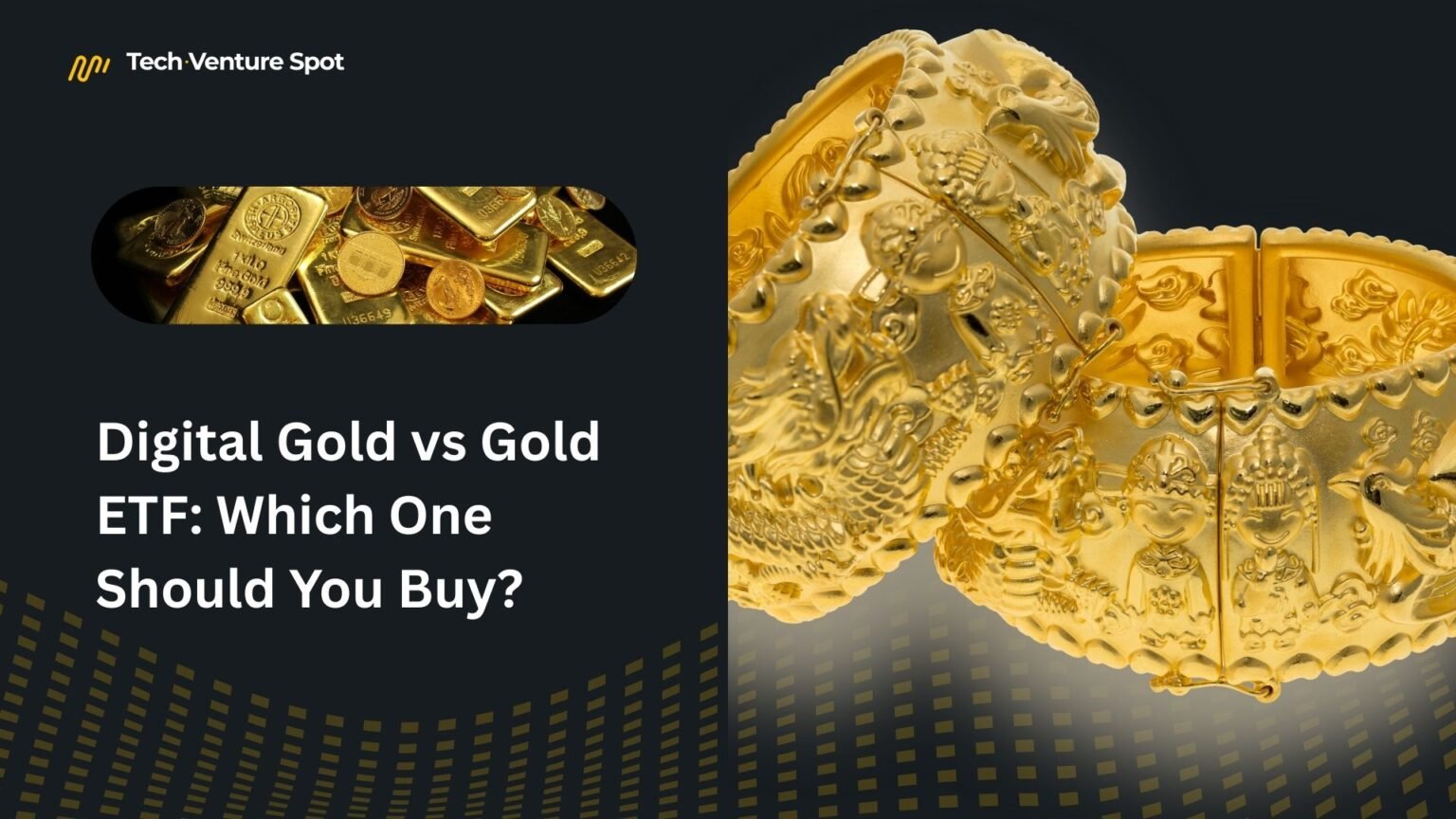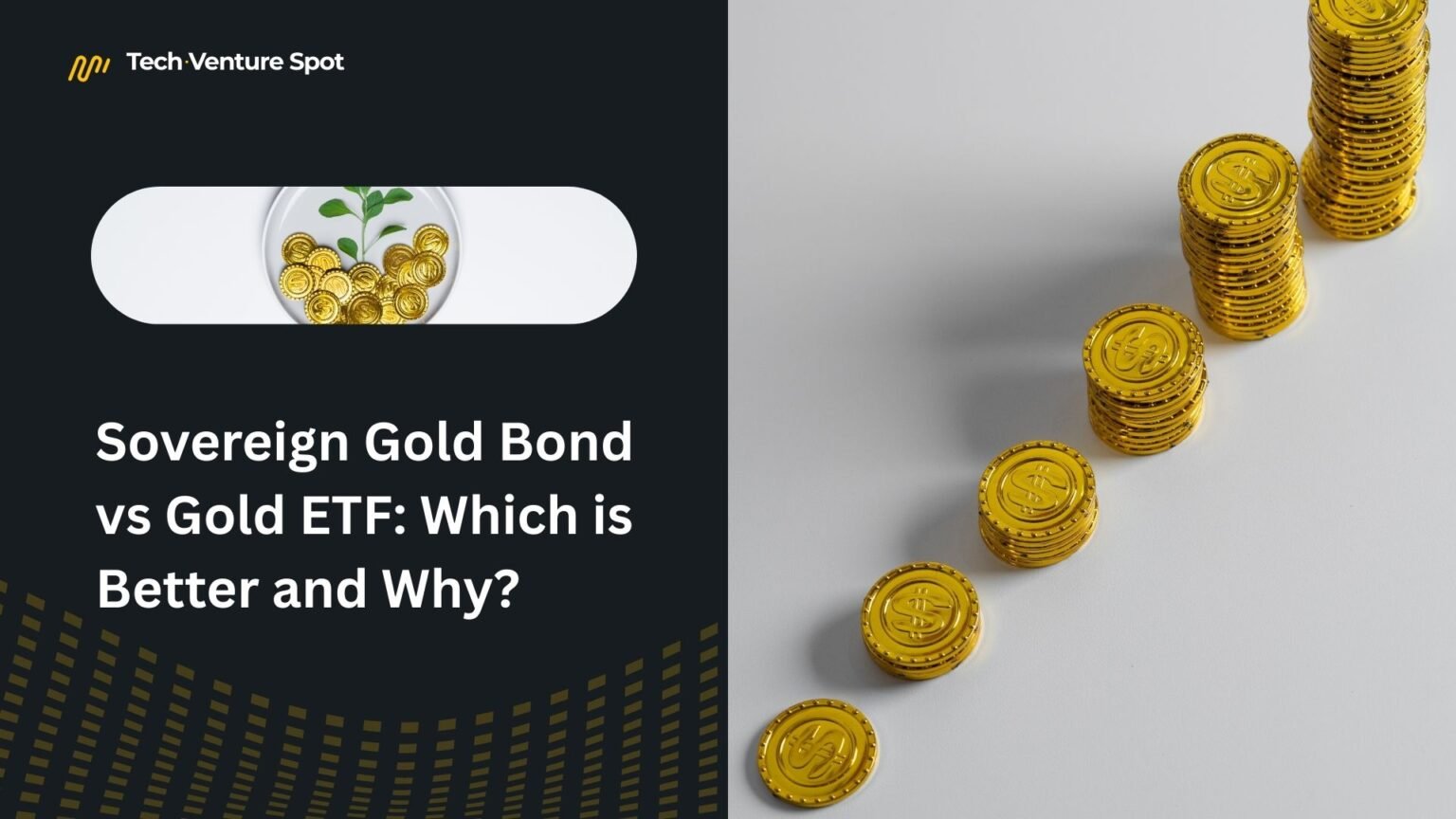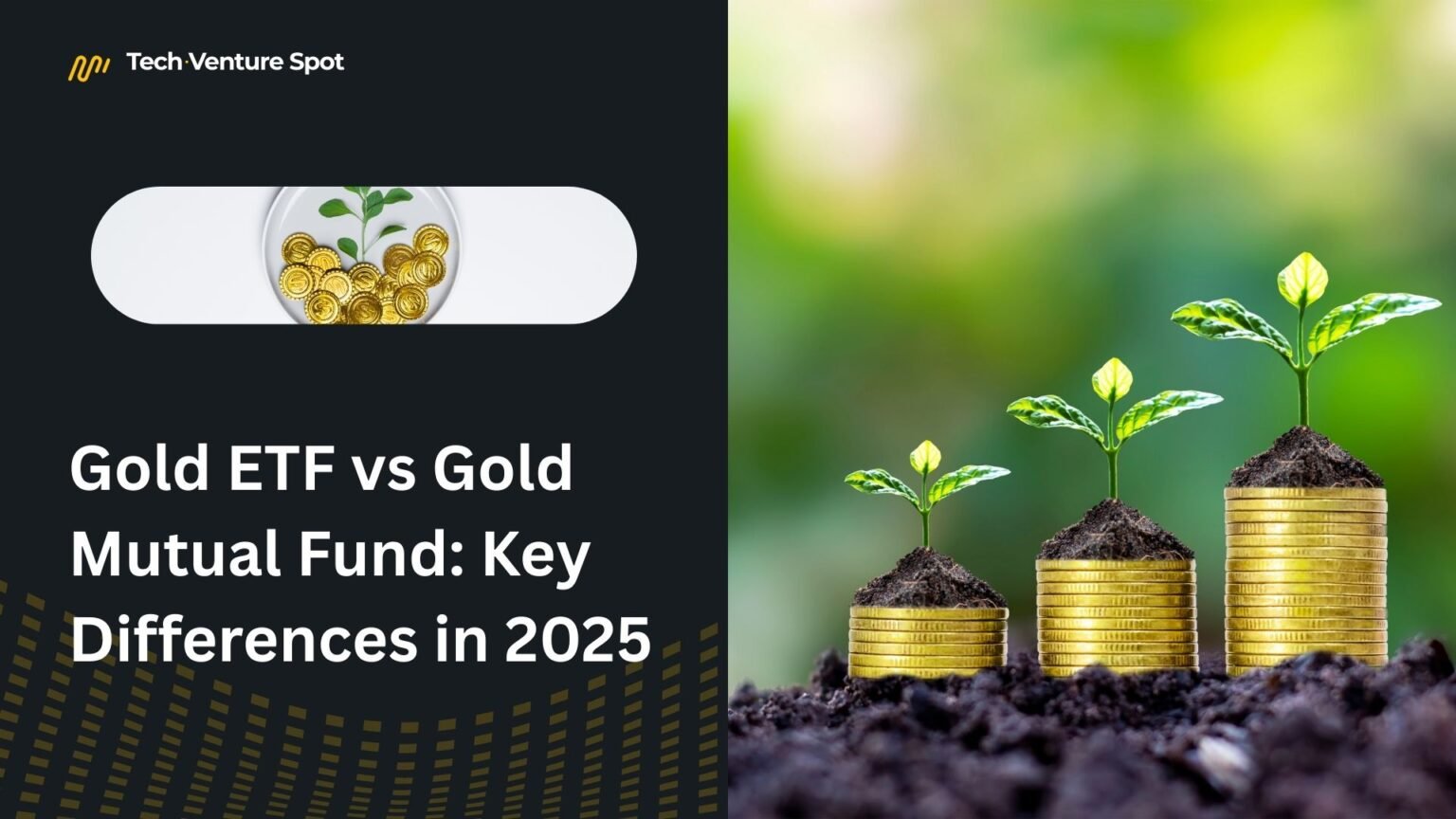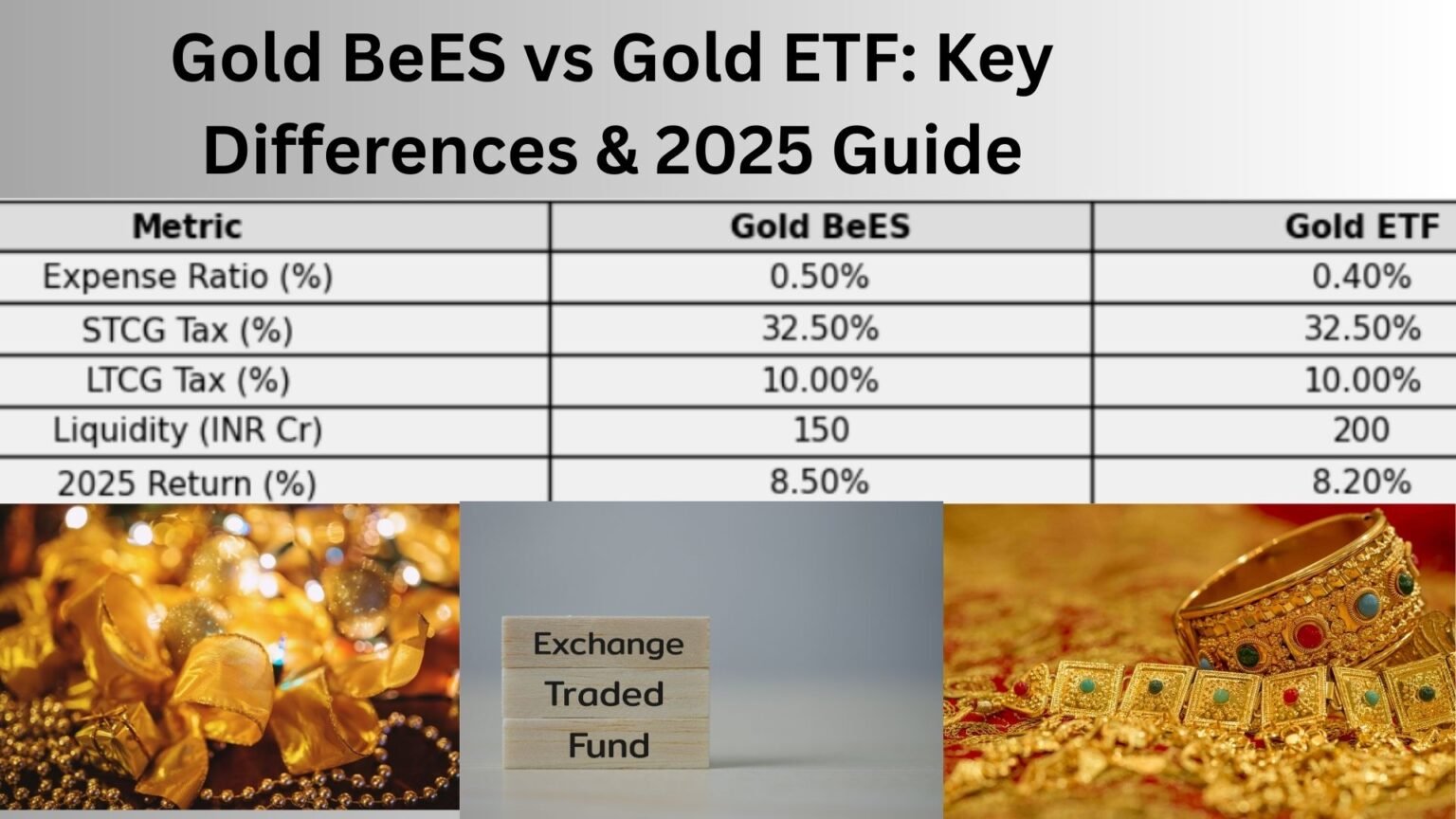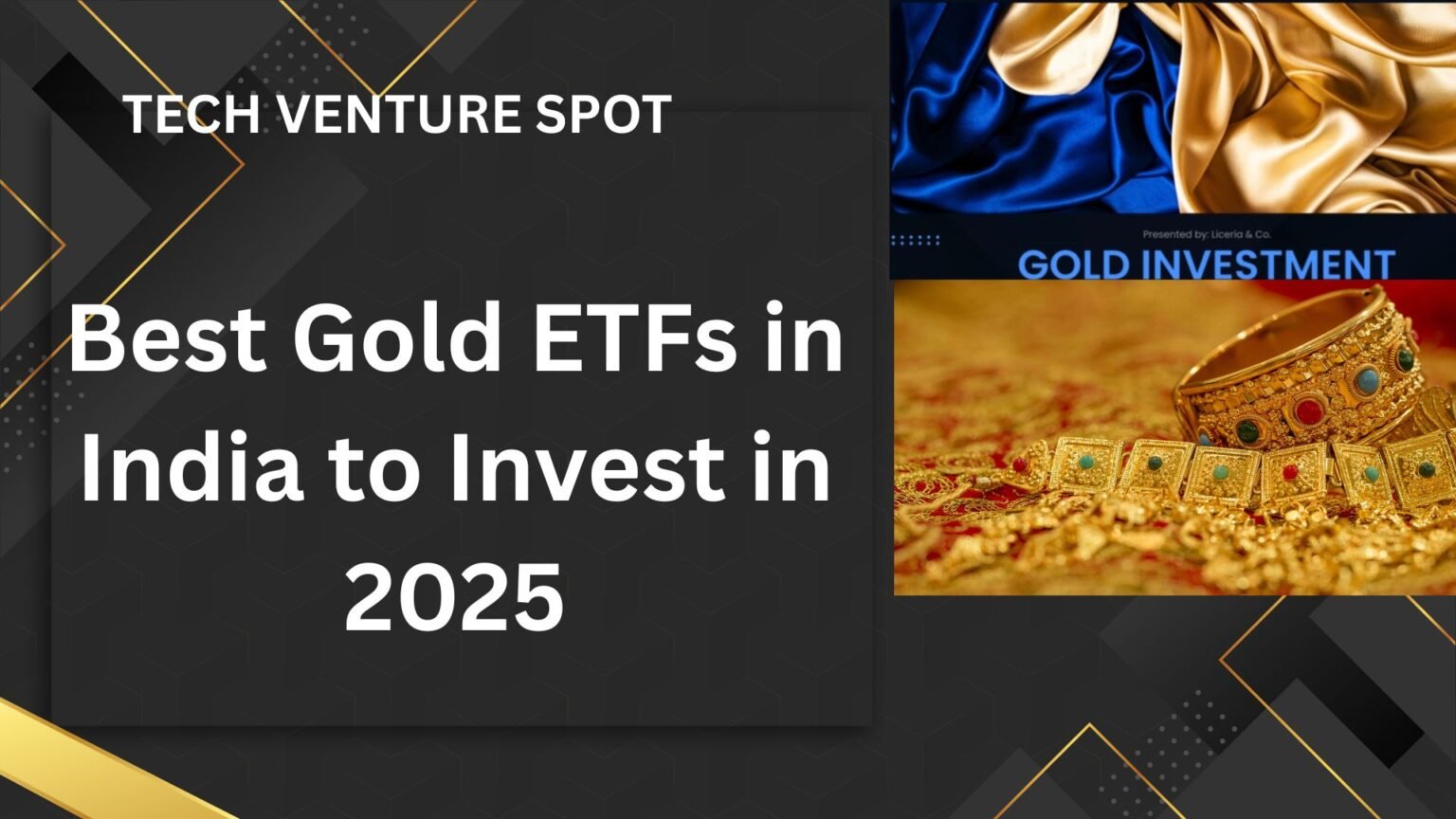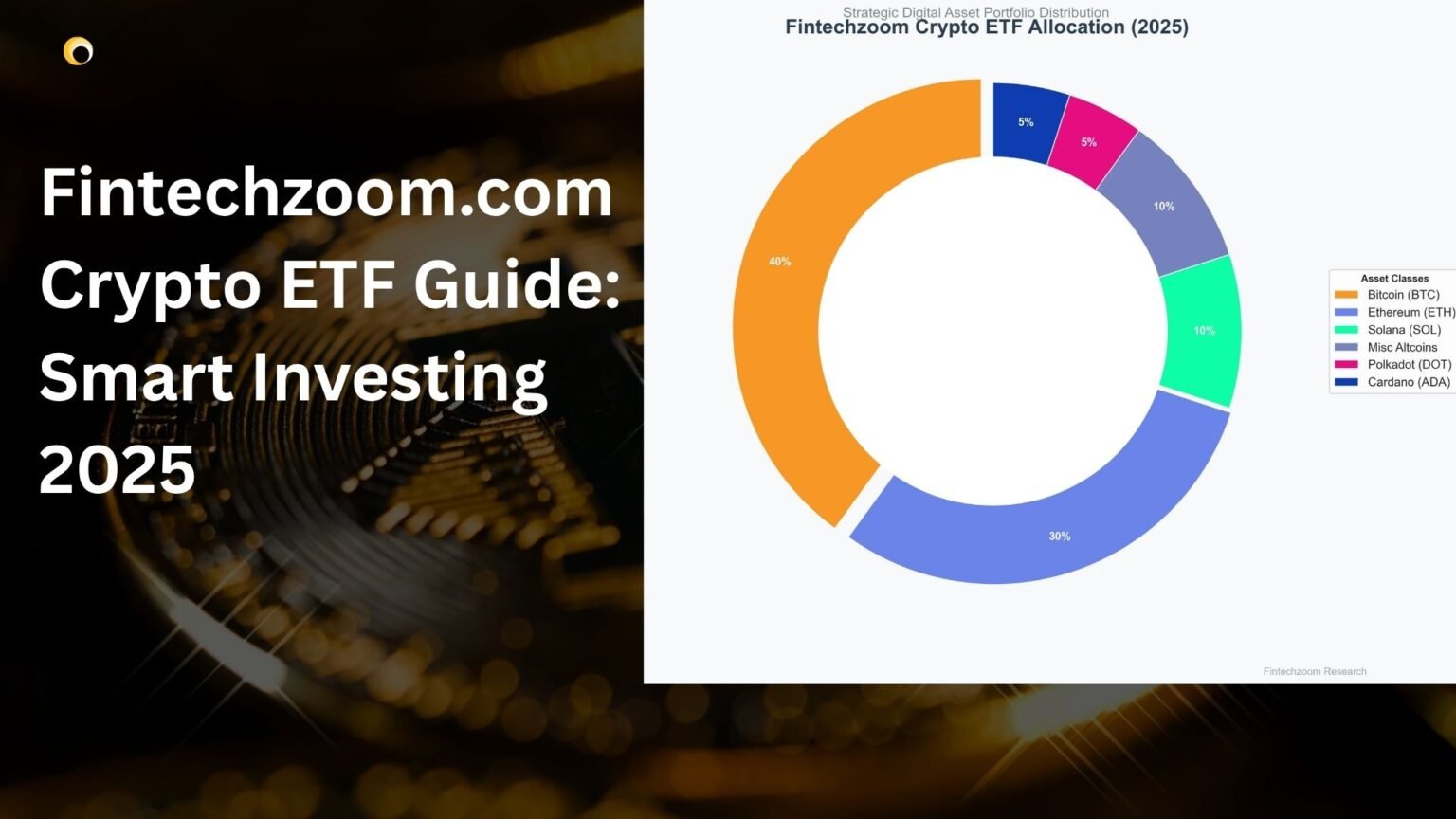In-Depth Analysis of Indian Metal and Battery ETFs
Why Battery and Metal ETFs Matter
As of July 15, 2025, India lacks specific Exchange-Traded Funds (ETFs) for battery metals like lithium, nickel, or cobalt. The soaring demand for electric cars, renewable energy, and electronics creates a significant investment opportunity.
Battery metals are central to the green revolution. Lithium-ion batteries power EVs, while other chemistries support consumer electronics. Investing in ETFs that cover mining, refining, and manufacturing firms allows you to gain exposure to this entire value chain while diversifying risk across multiple companies.
India's Indirect Pathway: Nifty Metal ETFs
While a direct "Battery Metals ETF" isn't available on the NSE or BSE, investors can tap into India's robust metals industry via Nifty Metal ETFs. These funds track the Nifty Metal Index, which includes top steel, aluminum, and mining stocks—some of which are key material suppliers for battery components.
| ETF Name | NAV (₹) | 1‑Year Return | Expense Ratio |
|---|---|---|---|
| ICICI Prudential Nifty Metal ETF | 9.44 | +2.5% | 0.40% |
| Mirae Asset Nifty Metal ETF | 9.42 | -3.7% | 0.27% |
Why Consider Them?
- Low Cost: Expense ratios are generally below 0.50%.
- Diversification: Exposure to a wide range of metal producers.
- Accessibility: Easily traded on Indian stock exchanges.
Limitations:
These ETFs are not specifically focused on battery metals. Their performance is heavily influenced by broader commodity cycles, particularly steel and aluminum, which can overshadow the battery metals segment.
The Direct Path: Global Battery ETFs
To invest directly in battery metals, you must look overseas. US-listed funds like the Global X Lithium & Battery Tech ETF (LIT) offer targeted exposure to the entire lithium supply chain, from miners to battery manufacturers.
How to Invest from India:
- Open an international trading account with platforms like INDmoney or Angel One.
- Fund your account by depositing into a US-dollar wallet (clears in ~24 hours).
- Purchase your chosen ETF. Many brokers now offer zero-commission trades.
Important Considerations:
- Currency Risk: Fluctuations between the INR and USD will affect your returns.
- Regulations: Be aware of tax laws on foreign investments.
- Volatility: Raw material prices can be highly volatile.
Which Option Suits You?
Choosing between Indian metal ETFs and global battery ETFs depends on your risk appetite, cost sensitivity, and investment goals.
Investors looking for a simple, low-cost, long-term holding may prefer Nifty Metal ETFs. In contrast, growth-oriented investors seeking pure-play exposure to the battery tech theme will find global ETFs like LIT more suitable.
Final Thoughts
India's ETF market is still evolving to meet the demand for specialized themes like battery metals. However, savvy investors can build a robust portfolio by combining stable, domestic metal ETFs with targeted global funds. This strategy allows you to capture both broad commodity trends and the high-growth potential of battery technology.
Always assess costs, currency risk, and your personal risk tolerance before investing. Consulting a financial advisor can help tailor a plan to your specific needs.
Also Read: Best Leveraged Oil ETFs List & Top Crude Oil Funds
